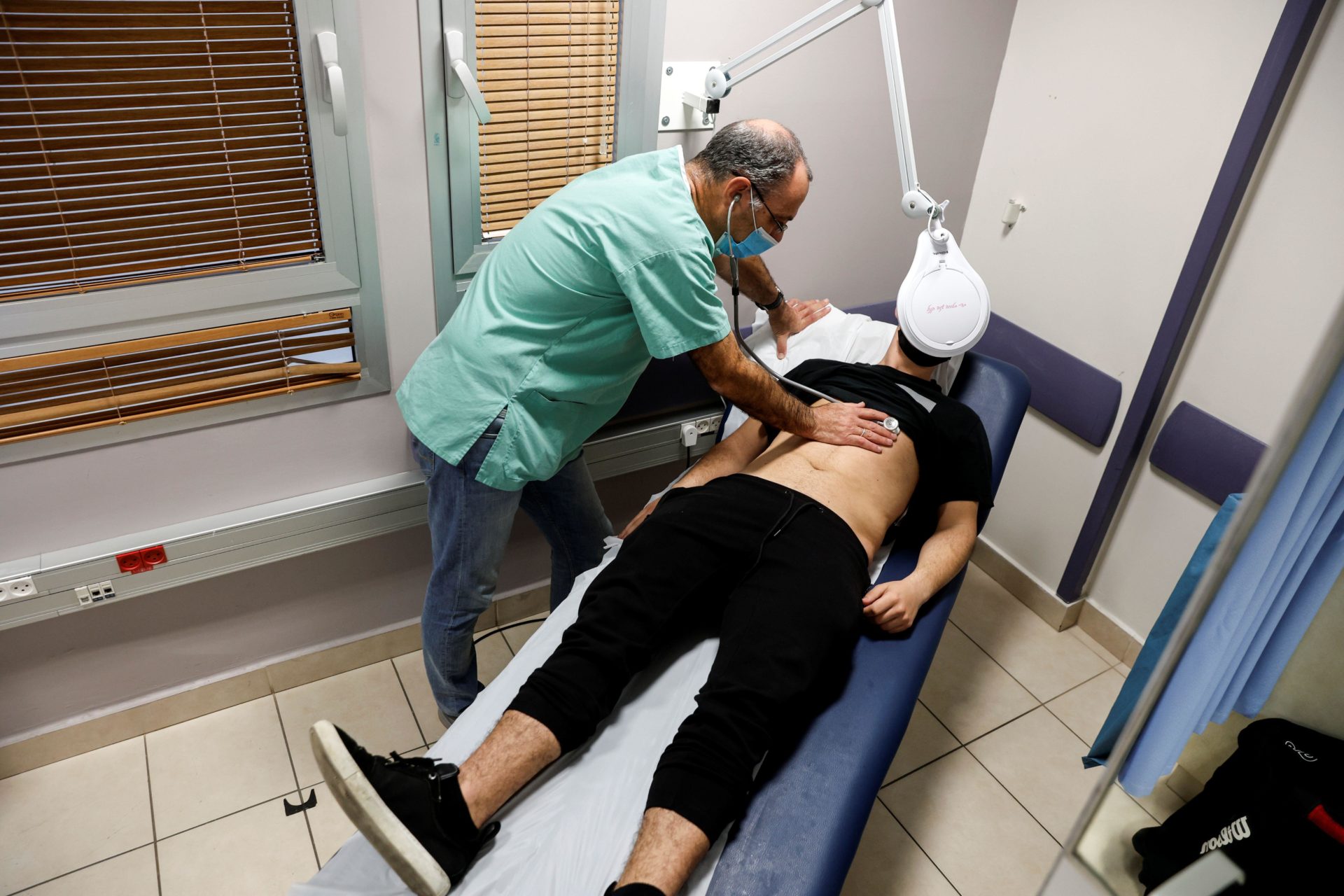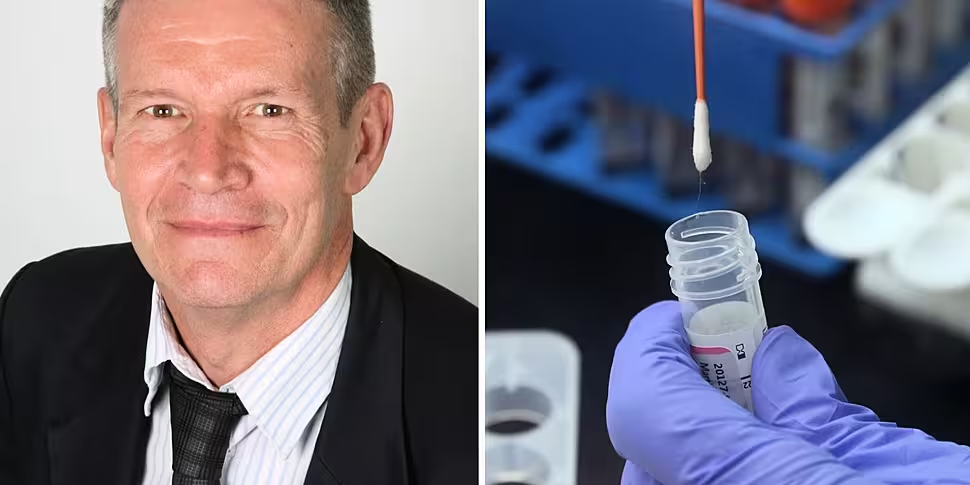A major HSE Long COVID study is coming too late for patients, according to Professor Jack Lambert
The UCD Infectious Diseases professor was speaking as the health service invites a sample of the population known to have COVID-19 to take part.
The study will contact around 10,000 people by text message, who had both a quick and a complicated recovery.
People will also be asked about the services they used, or what services they would like to see.
However Prof Lambert told The Pat Kenny Show this study is coming too late.
"I think if they'd put this together two years ago I think it would be of value," he said.
"I think this is an emergency pandemic and we're now three years into it.
"We're two years and nine months into some of our Irish patients having Long COVID.
"What we're doing now is putting together a survey that's going to take another six months to put services in place.
"The question is: is it really necessary?"
'Scotland did exactly the same'
Prof Lambert said Scotland has already done something similar, but more in-depth.
"The HSE were planning something back in October, so here we are six months later - they're planning to implement it now," he said.
"I was asked to comment on it based on a very similar study that was done in Scotland... they actually did exactly the same thing.
"Not only did they take patients with diagnosed COVID, they also took match controls: people who were never infected".
 A patient suffering from Long COVID is examined in the post-coronavirus disease clinic of Ichilov Hospital in Tel Aviv, Israel in February 2022. Picture by: REUTERS/Amir Cohen
A patient suffering from Long COVID is examined in the post-coronavirus disease clinic of Ichilov Hospital in Tel Aviv, Israel in February 2022. Picture by: REUTERS/Amir CohenProf Lambert said the Scottish model could be applied to Ireland.
"They took 33,000, not 10,000, of people with confirmed COVID-19 and then 62,000 controls and they've done exactly the same analysis," he said.
"The only thing it doesn't look like they did was they didn't look at what services did people access.
"My comment six months ago was, 'Aren't the Scottish very similar to the Irish? Isn't COVID COVID? Couldn't we use that information to speed up our establishment of Long COVID clinics that are fit for purpose?'
"Right now I would say that they aren't fit for purpose, and time is of the essence for these people [with] some of them three years unwell".
'Put a service together now'
Prof Lambert said any changes could take another year to implement.
"I would say that this epidemiology study is too late," he said.
"The Scottish followed people for 18 months, and then published their results... in October '22.
"That means they must have thought about it back in 2020, and started doing the study back then.
"Here we are in 2023, three years into it, and I think... we should look at the data that's available to put together a service now, rather than delay it [by] another six [or] 12 months," he added.
Listen back to the full segment below:









